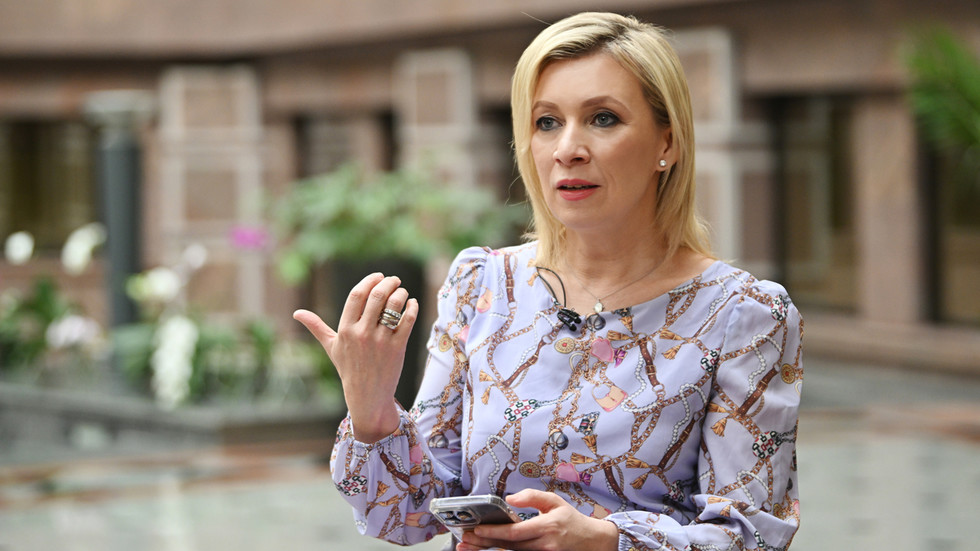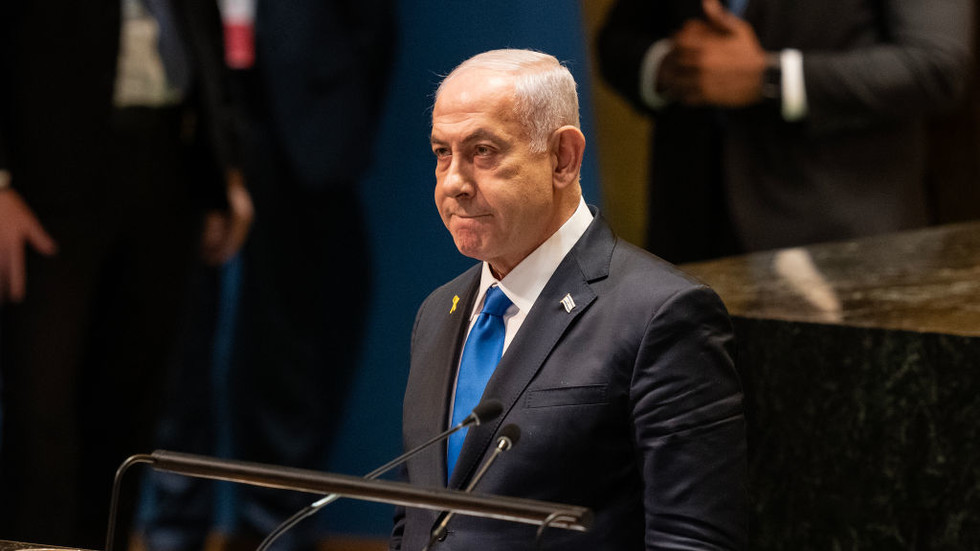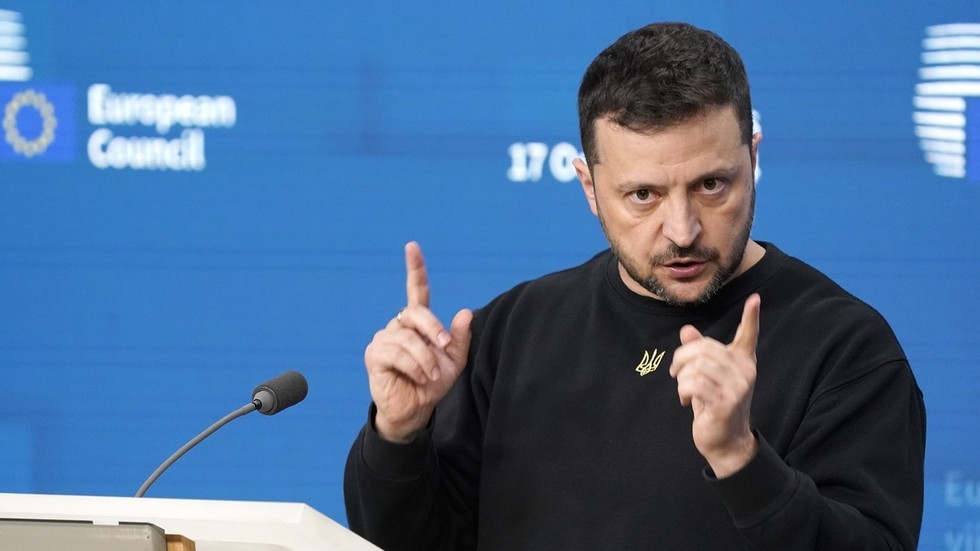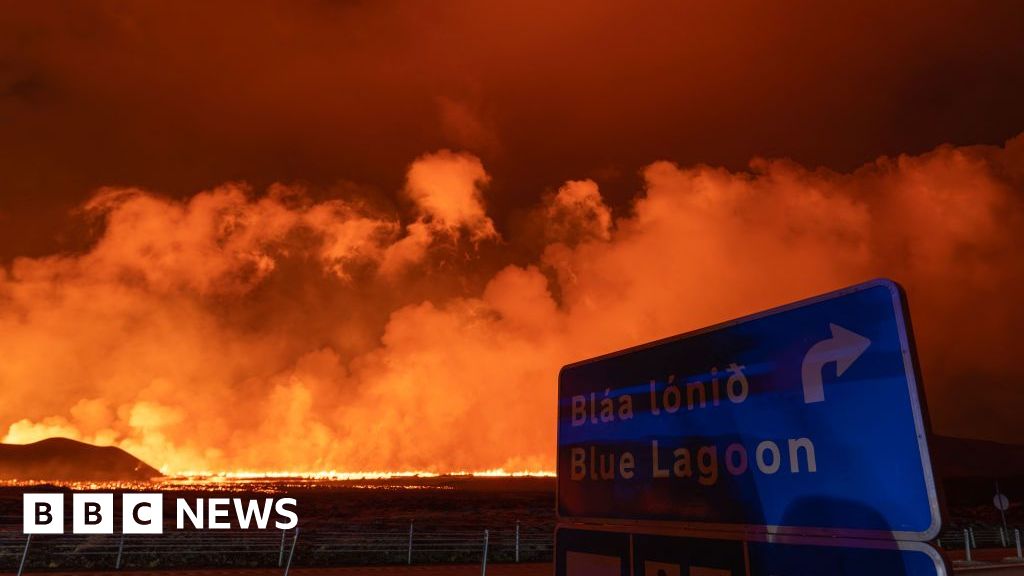When Russia launched its full-scale invasion of Ukraine in February 2022, around 9,000 Russian scientists signed an open letter against the war of aggression. Since then, Russian authorities have stepped up their repression of scientists in the country. Physicists in particular have been targeted and many have been imprisoned on charges of treason after taking part in international conferences or publishing articles in foreign journals.
For many who signed the open letter — who then became the target for the secret services — the best solution was to leave Russia if they had not done so already.
White House campaign to attract Russian scientists
Within weeks of Moscow's invasion, the White House launched a campaign to make it easier for Russian scientists to enter the US. It proposed to Congress that visa requirements should be relaxed, and work permits issued more quickly. The idea was to attract scientists and undermine the Kremlin's "potential for innovation" in warfare.
However, the initiative may have failed because of opposition from Republicans in Congress. A Russian scientist told DW on condition of anonymity that he had been informed of this by colleagues at leading US universities.
Though there are no official statistics to back this up, numerous reports indicate it has become almost impossible for Russian physicists to enter the US over the past two years.
Germany: Russians are fleeing mobilization
New hurdles for obtaining a visa
Mikhail Feigelman, a physicist at the Landau Institute for Theoretical Physics, located in the town of Chernogolovka near Moscow, is a case in point. He traveled to Poland in spring 2022, applied for a visa at the US consulate in Warsaw, presenting an invitation from his daughter who was already living in the US. Like almost all scientists in similar situations, he was asked to send in some of his publications, a procedure he was familiar with, as he had done followed it for years. He had always received a visa within a few weeks. Not this time.
"I was informed after seven months that my visa had been refused. I was told that I had not proven that I would leave the US in time," he said. In the past, he said, he had only ever been questioned about his scientific work. "I had never been asked for proof of return to Russia," he told DW.
There appear to be several similar cases, though it is difficult to verify them because most of those involved want to remain anonymous. One young scientist reportedly accepted an invitation from the California Institute of Technology (Caltech) in Pasadena after completing his graduate studies in Russia in the summer of 2022. He and his wife both applied for visas. The response came two years later: His application had been refused and hers granted.
 Russian Prime Minister Dmitry Medvedev visited the Moscow Institute of Physics and Technology in 2019Image: Alexander Astafyev/Russian Government Press Office/TASS/IMAGO
Russian Prime Minister Dmitry Medvedev visited the Moscow Institute of Physics and Technology in 2019Image: Alexander Astafyev/Russian Government Press Office/TASS/IMAGORisk of scientific espionage
Another one of Feigelman's colleagues, who has been working in Germany for more than 15 years, was apparently refused a visa for the US on the grounds that there was a risk of scientific espionage.
Another problem is the sanctions against Russia, the colleague said. The US has imposed sanctions on more than 200 Russian universities. Several physics departments and institutes are affected because they might be involved in military research, according to the US government.
Users of the Russian travel website Forum Vinskogo have reported that the US was still issuing visas for Russian scientists working for institutes involved with the military industry in 2018. However, since 2022 more and more visa applications have been rejected, with the applicants often told that their employer is subject to US sanctions. Many users say that they have been asked in interviews at the US consulate whether they were aware of the sanctions and that proceedings often drag on for months, even years.
More Russian applications rejected than before
US State Department figures reflect this development: Almost 40% of visa applications from Russians were rejected in 2023, up from 26% the year before. Before the full-scale invasion of Ukraine, the figure oscillated between 15% and 17%. In response to a DW enquiry, the State Department said that it could not determine whether scientists were more affected than others.
 The US State Department said it did not know whether scientists were more affected than other Russians applying for visas Image: Nicholas Kamm/AFP/Getty Images
The US State Department said it did not know whether scientists were more affected than other Russians applying for visas Image: Nicholas Kamm/AFP/Getty ImagesSome Russian physicists have argued that the problems are not being caused deliberately but are due to the fact that the authorities are overburdened. Mr Smirnov (not his real name), who has been travelling to the US for over 10 years for work, said that he and his wife had applied for visas, for private or business reasons, in December 2023. He said his wife had received hers very quickly, while he was still waiting for an answer. "This is not directed against us," he said, however. "It's just the slow bureaucracy machine."
In some cases when renowned US scientists have stood up for their Russian colleagues, the procedure has been accelerated. A doctoral student at the Moscow Institute of Physics and Technology was offered a place by a top US university at the beginning of 2022. He applied for a visa and waited in vain for six months. When Russia declared a partial mobilization in September 2022, some of his European colleagues asked a famous US Nobel prize winner (who also did not want to be named) for help. The student was informed the next day that his visa was ready.
Some of the Russian scientists who were not able to go to the US to study or work because their applications for a visa were not granted have moved to the European Union instead. "My scientists friends realize now that it is almost impossible to go to the US," a former employee of the Moscow Institute of Physics and Technology, who is now living in western Europe, told DW.
This article was originally written in Russian.

 5 months ago
24
5 months ago
24









